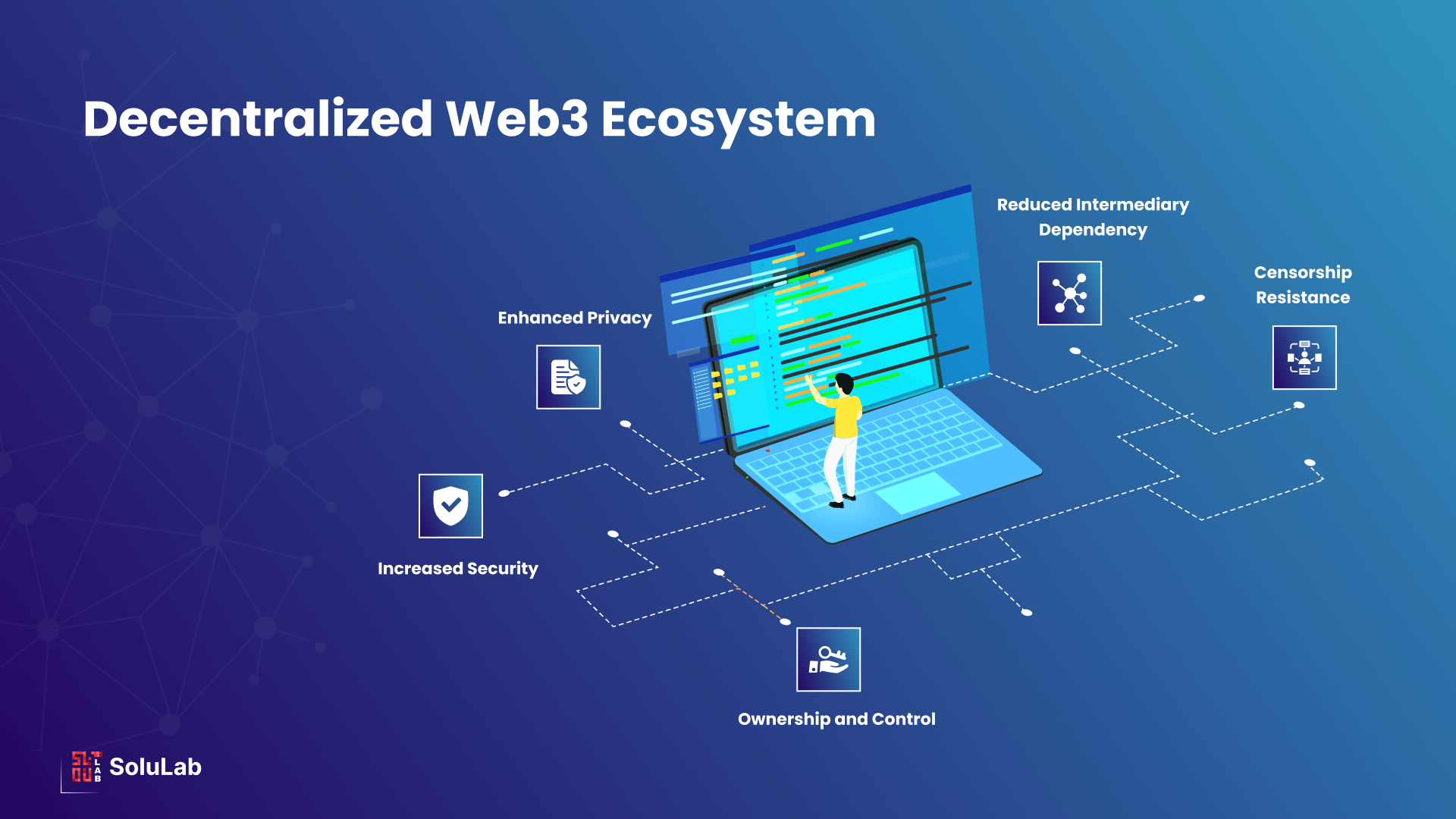Hookup Check: Your Ultimate Dating Resource
Explore insights, tips, and advice for modern relationships and hookups.
When Decentralization Meets Security: A Match Made in Tech Heaven
Discover how decentralization enhances security in tech. Uncover the perfect blend that’s revolutionizing the digital landscape today!
Understanding the Balance: How Decentralization Enhances Security in Tech
In today's technology landscape, decentralization has emerged as a critical concept that enhances security. By distributing data and decision-making across multiple nodes rather than relying on a single central authority, systems become more resilient to attacks. Decentralization minimizes the risk of data breaches since there is no single point of failure. For instance, blockchain technology exemplifies this principle, as each participant in the network holds a copy of the entire ledger, making unauthorized alterations highly improbable. Moreover, decentralized systems often employ advanced cryptographic techniques to safeguard data integrity and user privacy, addressing common vulnerabilities found in centralized systems.
While decentralization offers numerous advantages to security, it is essential to recognize that achieving balance is key. In a decentralized environment, coordination can become challenging, and ensuring consensus among multiple parties may lead to slower decision-making processes. Therefore, organizations must implement clear protocols and use advanced consensus algorithms to maintain efficiency without sacrificing security. Enhancing security through decentralization not only involves technology; it also requires cultivating a culture of vigilance and awareness within teams. As we continue to embrace these principles in tech, understanding the balance between decentralization and operational efficiency will be paramount for safeguarding information in an increasingly interconnected world.

Counter-Strike is a popular tactical first-person shooter game where teams of terrorists and counter-terrorists compete to complete objectives. As players develop their skills and strategies, they can also explore gaming-related opportunities, such as using the cryptocasino.com promo code to enhance their gaming experience.
The Future of Tech: Why Decentralized Systems Are More Secure
The future of tech is increasingly leaning towards decentralized systems, which provide a more secure framework for data management and transactions. Unlike traditional centralized architectures, where a single point of failure can compromise an entire system, decentralized systems distribute data across various nodes. This means that even if one node is hacked or fails, the integrity of the overall system remains intact. As we witness a rise in cyber threats, it's crucial for individuals and organizations to adopt these systems that are designed to be more resilient against attacks.
Moreover, decentralized systems promote greater transparency and user control, which are essential features for enhancing security. In these systems, users participate in consensus mechanisms that validate transactions, significantly reducing the chances of fraud. For instance, blockchain technology, a beacon of decentralized systems, allows users to verify transactions independently without relying on a central authority. With the growing concerns over data privacy and security, the shift towards decentralized solutions is not just a trend; it is an imperative step toward a safer digital landscape.
Can Decentralization Prevent Data Breaches? Exploring the Security Benefits
In today's digital landscape, data breaches have become alarmingly common, leading to significant financial losses and reputational damage for organizations worldwide. One potential solution to this pressing issue is decentralization. By distributing data across various nodes rather than relying on a single centralized authority, the risks associated with data breaches can be mitigated. When data is decentralized, hackers face a more complex challenge; they must breach multiple locations, which increases the effort and resources needed to access sensitive information. This intrinsic nature of decentralization can deter malicious actors, ultimately enhancing security.
Furthermore, decentralization empowers users by giving them greater control over their data. Instead of storing personal information on centralized servers that are attractive targets for cybercriminals, users can keep their data in a more secure manner. This shift not only enhances privacy but also fosters trust between individuals and organizations. As companies increasingly explore decentralized technologies like blockchain, the implications for security are profound. To effectively harness these benefits, organizations must invest in educating their employees and implementing robust decentralized systems that prioritize data protection.